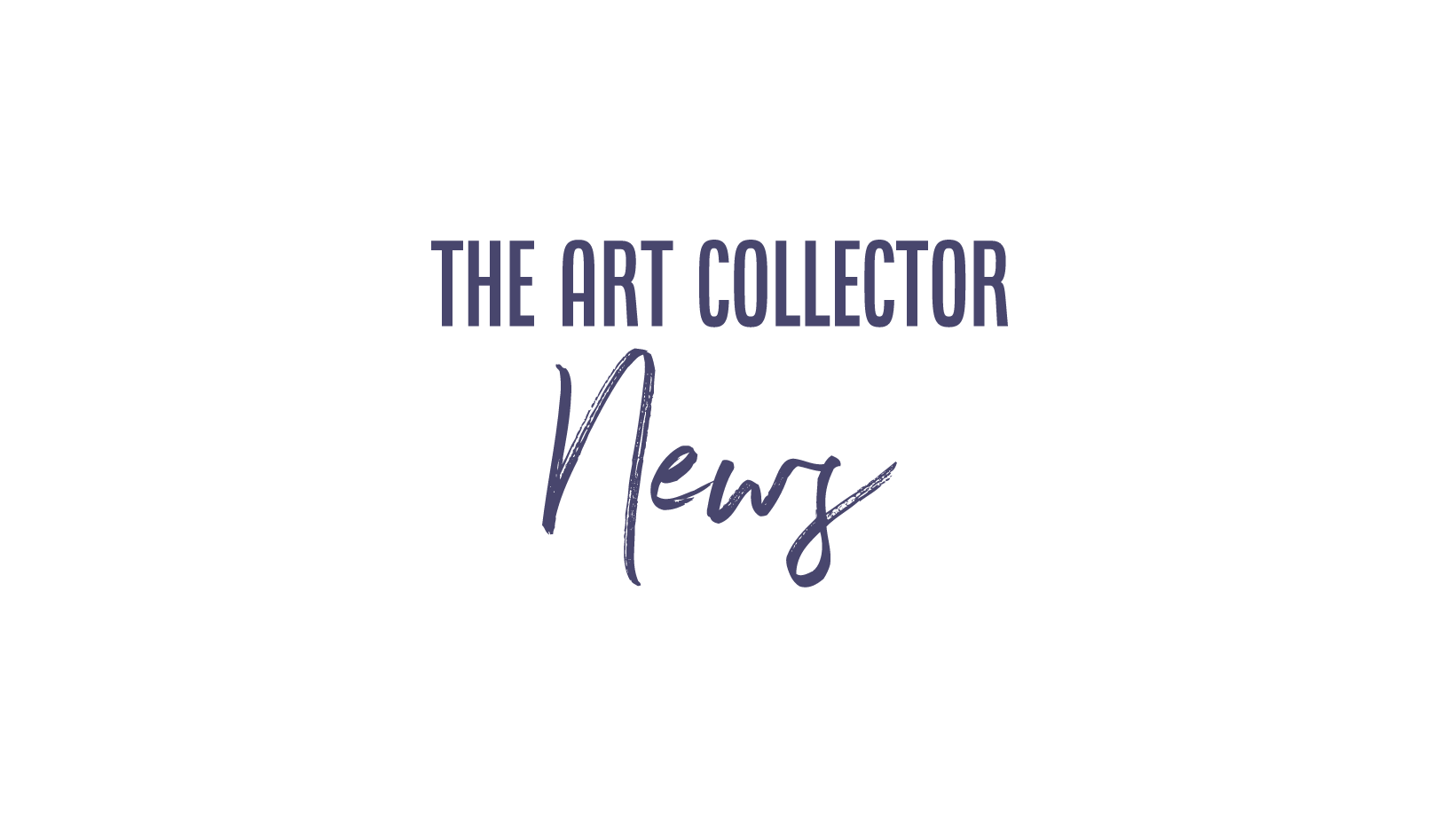A precious archive of iconic photojournalistic magazines will support research at the University of Lincoln, after its library team successfully won a bid to house a complete collection of Picture Post – one of Britain’s most significant war-time publications.
The collection, which consists of almost 50,000 pages, was gifted by the family of a local collector, whose affection for the publication saw him amass and preserve each individual copy of the magazine. It will now be stored in the University of Lincoln’s Zibby Garnett Library for special archive materials, overseen by the University’s Academic Subject Librarian, Dr Frederick Dickinson.
Covering some of the most pivotal moments of 20th century history, Picture Post was committed to bringing global news stories to life through inspiring photography. In the first six hours of hitting the newsstands on 1st October 1938, the publication amassed more than 750,000 buyers, and its popularity continued throughout the Second World War with a public readership of nearly 80%, as it became an integral part of everyday British life.
Colin Reiners, Principal Lecturer in the University’s Lincoln School of Media, explained: “Our collection consists of every copy of Picture Post ever published, offering students direct access to material covering the social history of Britain between 1938 and 1957. Picture Post was the high point of British photojournalism in the age before television, bringing an advanced European visual sensibility to British publishing.”
The photojournalistic magazine, published in the UK from 1938 to 1957, was renowned for its anti-Fascist editorial stance and for campaigning on topical issues for almost 20 years. Picture Post is recognised as laying the foundations for mass media, with its widespread coverage of the Second World War, the persecution of the Jews, the Korean War, racial discrimination across the UK and the post-war reconstruction of Britain, paving the way for the foundation of the NHS.
Professor Mary Stuart, Vice Chancellor at the University of Lincoln, said: “I’m delighted that we now have access to this important primary resource, which I know will make a valuable contribution to the development of our growing archive collection.”
The University of Lincoln was selected as the new home for the collection following a competitive bid process, and the magazines will now be available to view by appointment. The collection will be an important research tool for staff and students in a diverse range of subjects; from History, Politics and Journalism, to Media, Fashion and Advertising.
Dr Neil Maycroft, Senior Lecturer in the University of Lincoln’s School of Art and Design, said: “While the online version of the collection is complete and superb, it cannot offer the richer rewards that come from engagement with the physical magazines themselves; the shape, size, ‘feel’, weight of paper, smell, and even marks of use cannot be digitised. The significance of these nebulous qualities is being increasingly recognised as a valuable aspect of historical research. It is a fantastic acquisition.
“Anyone researching British and world history of the mid-twentieth century, photojournalism, or progressive politics will find Picture Post unique and invaluable. Driven by stunning photography, first-class writing and an editorial commitment to liberty, Picture Post comprises a remarkable archive of material.”
The collection can be accessed via appointment by contacting Frederick Dickinson. For more information please contact fdickinson@lincoln.ac.uk.


 Saving...
Saving...